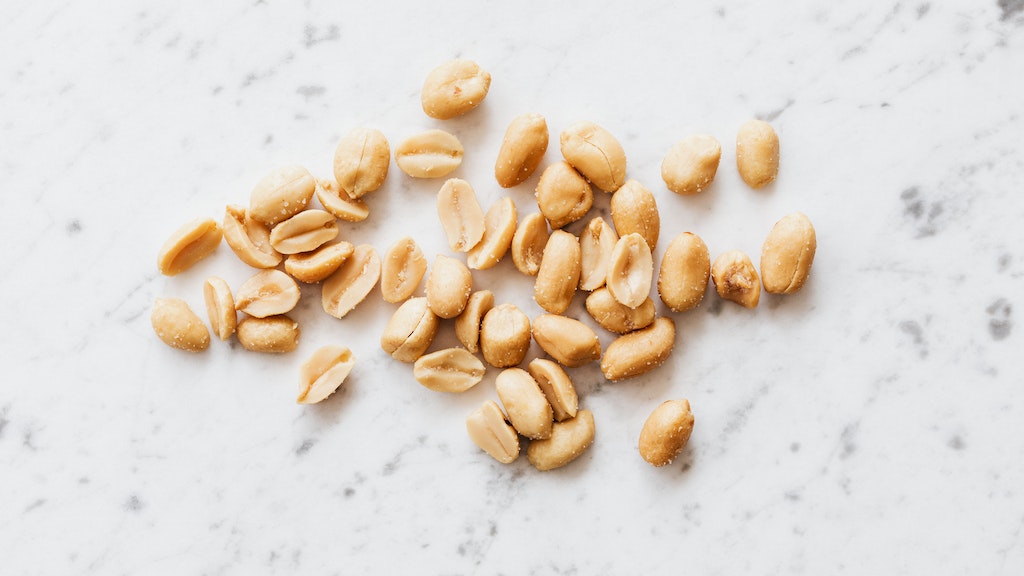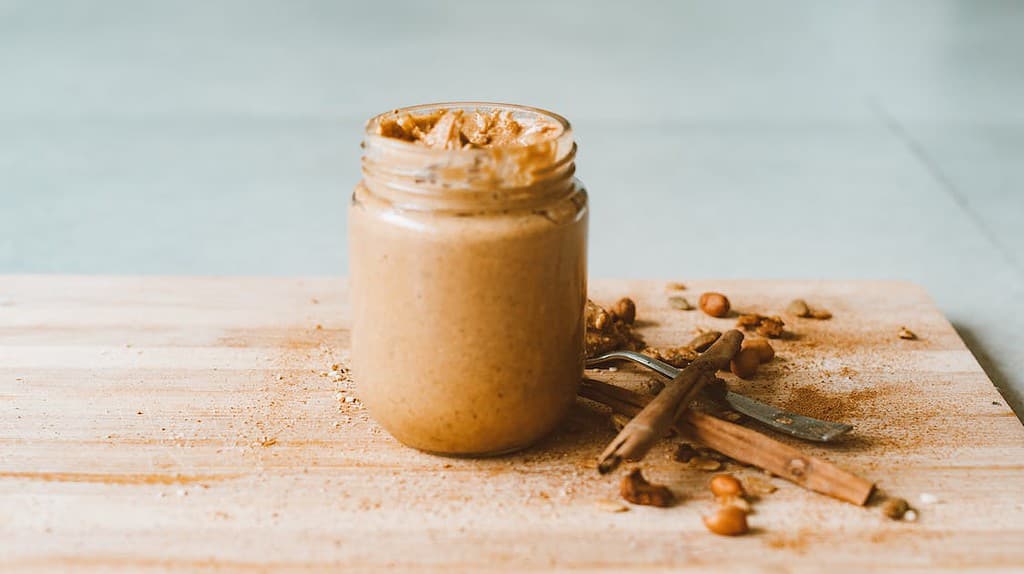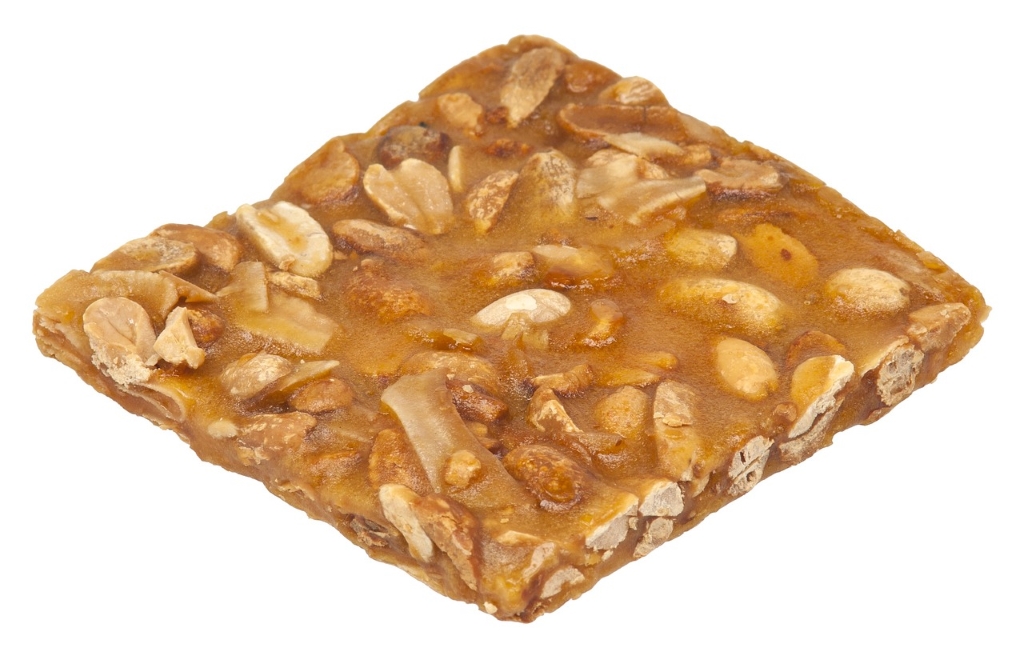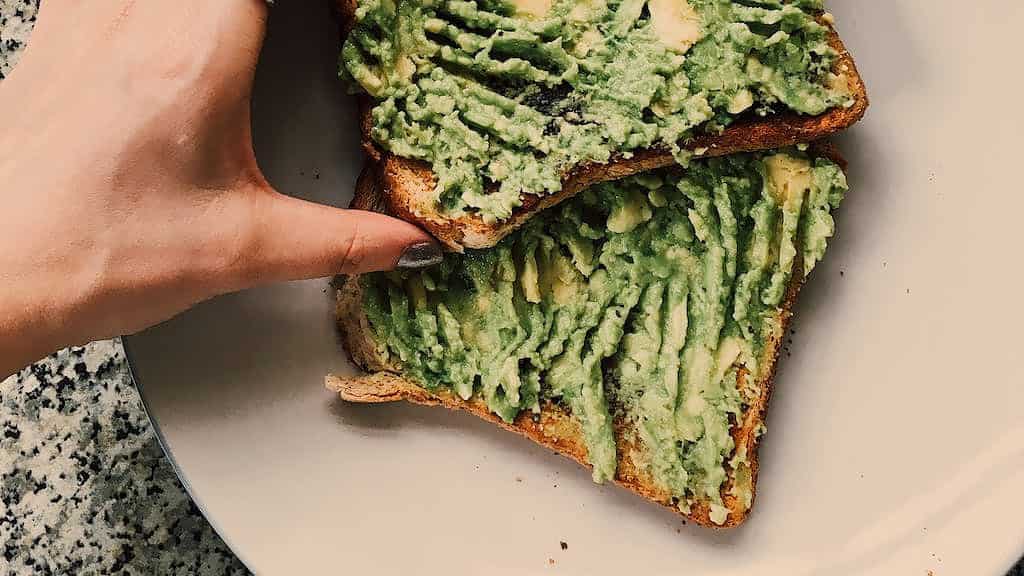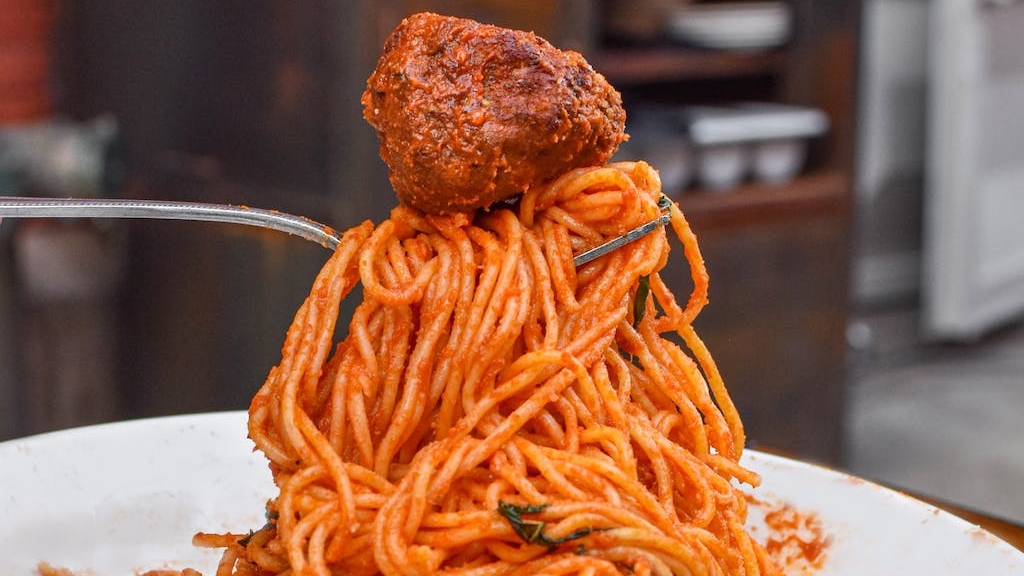Key Takeaways
- Dogs can generally eat peanuts in moderation if they don’t have any allergies or other health concerns.
- Raw or salted peanuts should be avoided as they can cause digestive issues or salt poisoning.
- Small amounts of unsalted, plain peanuts can be given as an occasional treat.
- Peanut butter is a popular and safe option for dogs, but it should be free from xylitol, a sweetener toxic to dogs.
- If introducing peanuts to your dog’s diet, start with a small portion and monitor for any adverse reactions.
- Always consult with a veterinarian for specific dietary advice based on your dog’s breed, size, and health conditions.
Summary
Can dogs eat a peanut? Yes, dogs can safely eat peanuts in moderation. However, it is important to understand the potential risks and precautions associated with feeding them to your furry friend. This article explores the benefits and potential drawbacks of feeding peanuts to dogs, including allergies and choking hazards. It also provides guidance on how to introduce peanuts into your dog’s diet and offers alternative nut options. By delving into these details, the article ensures that dog owners have a thorough understanding of the topic, enabling them to make informed decisions about feeding peanuts to their beloved pets. So if you’re wondering whether dogs can eat peanuts and want to ensure your pup’s safety and well-being, this article is definitely worth reading.

Are peanuts harmful to dogs?
Peanuts are not inherently toxic to dogs and can be consumed in small quantities without causing harm. However, it’s important to note that some dogs may have allergic reactions to peanuts or experience digestive issues. If you want to introduce peanuts to your dog’s diet, start with small portions and monitor their reaction closely. It’s always recommended to consult with a veterinarian before making any significant changes to your dog’s diet.
Potential risks of feeding peanuts to dogs
While peanuts are generally safe for dogs, there are a few risks associated with feeding them in excess. Peanuts are high in fat, and consuming large amounts can lead to weight gain, pancreatitis, or digestive issues in some dogs. Additionally, avoid giving your dog peanuts that are salted, seasoned, or covered in chocolate as these additives can be harmful. Always opt for plain, unsalted peanuts and consider using them as occasional treats rather than a regular part of your dog’s diet.
Benefits of feeding dogs peanuts in moderation
When fed in moderation, peanuts can provide some health benefits to dogs. They are a good source of protein, healthy fats, and essential nutrients such as vitamin E, vitamin B-6, niacin, and magnesium. Peanuts can also contribute to a shiny coat, improved skin health, and a strengthened immune system. However, it’s crucial to keep the portion sizes small and ensure that peanuts don’t make up a significant portion of your dog’s diet, as a balanced and complete diet is important for their overall well-being.
Symptoms of peanut allergies in dogs
Just like humans, dogs can have peanut allergies. If your dog consumes peanuts and experiences an allergic reaction, you may observe symptoms such as itching, redness, swelling around the face or extremities, gastrointestinal upset, coughing, sneezing, or difficulty breathing. If you suspect your dog is allergic to peanuts, it’s recommended to consult a veterinarian for proper diagnosis and guidance on managing their diet.
Alternatives to peanuts for dogs
If you’re hesitant about feeding peanuts to your dog or if your dog has a peanut allergy, there are other nut options that can provide similar nutritional benefits. Some safe alternatives include cashews, almonds, and hazelnuts. However, always remember to introduce new foods gradually, monitor your dog’s reaction, and consult with a veterinarian before making any changes to their diet.
Quick Recap
Before we move onto recipes and alternative foods for dogs let’s quickly recap, while peanuts themselves are not toxic to dogs, it’s essential to exercise caution when introducing them to your dog’s diet. Monitoring for allergic reactions, avoiding excess consumption, and choosing plain, unsalted peanuts are key considerations. Always consult a veterinarian for professional advice regarding your dog’s dietary requirements and potential sensitivities.
Recipes and Alternatives to a peanut for dogs
Dogs should not eat peanuts as they can be a choking hazard and may cause digestive issues. However, there are several alternative foods that are safe and healthy for dogs to consume. Some options include:
– Carrots: A crunchy and low-calorie treat that promotes dental health.
– Apples: Rich in vitamins and fiber, but make sure to remove the seeds and core.
– Pumpkin: A great source of fiber and can aid in digestion.
– Blueberries: Packed with antioxidants and can be served as a tasty snack.
– Sweet potatoes: High in fiber and vitamins, but should be cooked before feeding to dogs.
Can Dogs Eat Peanut?
1. Can dogs eat peanuts?
Yes, dogs can eat peanuts in moderation. Peanuts are not toxic to dogs, but there are some considerations to keep in mind.
2. Are peanuts safe for all dogs?
While peanuts are generally safe for most dogs, it’s important to note that some dogs may have allergies or sensitivities to nuts. If your dog has never tried peanuts before, it’s advisable to introduce them in small amounts and monitor for any adverse reactions.
3. Can puppies eat peanuts?
Peanuts can be a choking hazard for small puppies. It is best to wait until your puppy is older and has developed a stronger bite and chewing capability before introducing peanuts or any other solid foods. Consult your veterinarian for specific advice on when it is safe to introduce peanuts to your puppy.
4. How to feed peanuts to dogs?
It’s essential to feed plain, unsalted peanuts to dogs. Avoid peanuts that are seasoned, salted, or coated in any flavoring, as these may contain additives that can be harmful to your dog’s health. It’s best to give your dog unsalted, plain, and roasted peanuts as a treat or mix a few crushed peanuts into their regular food for some added flavor.
5. Can dogs eat peanut butter?
Yes, most dogs can safely enjoy peanut butter. However, it’s crucial to choose natural peanut butter without any added sugars, salt, or xylitol, an artificial sweetener that is toxic to dogs. Additionally, always check the ingredient list for any additives or artificial preservatives that may be harmful to your dog’s health.
6. Are there any health benefits of feeding peanuts to dogs?
Peanuts can be a good source of protein, healthy fats, Vitamin E, and B vitamins for dogs. They can also provide a satisfying crunch and flavor that many dogs enjoy. However, peanuts are also relatively high in fat, so it’s important not to overdo it. Moderation is key when introducing peanuts to your dog’s diet.
7. Can feeding peanuts to dogs have any negative effects?
Feeding dogs excessive amounts of peanuts can lead to stomach upset, diarrhea, or even pancreatitis due to the high fat content. Peanuts are also relatively high in calories, so it’s crucial to consider your dog’s overall caloric intake and adjust their diet accordingly to prevent weight gain and related health issues.
8. Are there any alternatives to peanuts for dogs?
If your dog has a peanut allergy or you prefer to explore other options, there are several alternative nut butters available that are safe for dogs, such as almond butter and cashew butter. Always check the ingredients and consult with your veterinarian to ensure the chosen alternative is suitable for your dog.
9. What should I do if my dog has an allergic reaction after eating peanuts?
If your dog shows any signs of an allergic reaction after consuming peanuts, such as itching, swelling, difficulty breathing, or vomiting, it’s crucial to seek immediate veterinary attention. Your veterinarian will be able to provide the necessary treatment and guidance.
10. Can dogs eat all types of peanuts?
It’s best to stick to plain, unsalted peanuts for your dog. Avoid flavored peanuts, such as those coated in chocolate, as chocolate is toxic to dogs. Additionally, avoid giving your dog peanuts in shells, as they can be a choking hazard or cause intestinal blockages.
Conclusion
After careful investigation, it is clear that dogs can eat peanuts, but certain precautions should be taken. While peanuts are not toxic to dogs, they should be consumed in moderation and in a suitable form. It is important to avoid feeding dogs salted or seasoned peanuts, as these can cause stomach upset or other health issues. Additionally, dogs should never be fed peanuts in their shell, as the shells can pose a choking hazard or even cause digestive blockages. It is always recommended to consult with a veterinarian before introducing peanuts or any new food into a dog’s diet. Overall, with the right precautions, dogs can enjoy the occasional peanut treat as part of a balanced diet.
📚 Sources:
